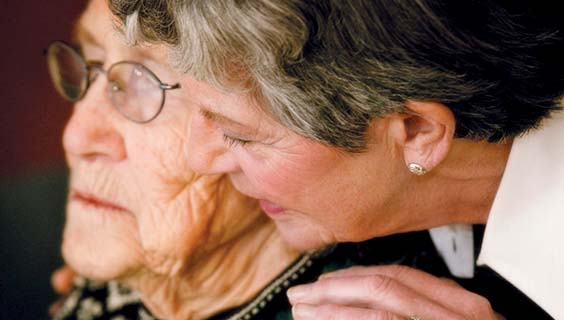
Parkinson’s disease is a degenerative neurological disorder that affects the movement of the body. It is a chronic and progressive disease that worsens over time. The disease affects millions of people worldwide and is more common in older adults. It can lead to various diseases including erectile dysfunction which may persuade men to take medicines like Vidalista 10 and Vilitra 20mg.
Symptoms of Parkinson’s disease
The symptoms of Parkinson’s disease can vary from person to person, and they usually develop slowly over time. The most common symptoms of Parkinson’s disease include:
- Tremors: Tremors are one of the most recognizable symptoms of Parkinson’s disease. These involuntary shaking movements usually occur in the hands, arms, legs, or face.
- Stiffness: Parkinson’s disease can cause stiffness in the muscles, making it difficult to move.
- Slowed movement: Parkinson’s disease can cause bradykinesia, which is the slowing down of movement. It can take longer to start and finish movements, and movements may become smaller.
- Postural instability: Parkinson’s disease can cause instability in the body, making it difficult to maintain balance and coordination.
- Changes in speech: Parkinson’s disease can cause changes in speech, including slurring, monotone voice, or hesitation in speech.
Parkinson’s disease and Erectile Dysfunction
Parkinson’s disease can lead to erectile dysfunction (ED) in men. The disease affects the nervous system and can cause damage to the nerves that control sexual function. In addition, the medications used to treat Parkinson’s disease can also contribute to ED. It is important for men with Parkinson’s disease to discuss any concerns about sexual function with their healthcare provider, as there are treatment options available to manage ED.
Causes of Parkinson’s disease
The exact cause of Parkinson’s disease is unknown. However, researchers believe that a combination of genetic and environmental factors may contribute to the development of the disease.
Genetic Factors: Mutations in certain genes can increase the risk of developing Parkinson’s disease. However, these mutations are rare and account for only a small percentage of cases.
Environmental Factors: Exposure to certain toxins, such as pesticides and herbicides, may increase the risk of developing Parkinson’s disease. Additionally, head injuries and viral infections have also been linked to an increased risk of developing the disease.
Treatment options for Parkinson’s disease
While there is no cure for Parkinson’s disease, there are several treatment options available that can help manage the symptoms of the disease.
- Medications: Medications can help manage the symptoms of Parkinson’s disease. The most common medications used to treat Parkinson’s disease include levodopa, dopamine agonists, and MAO-B inhibitors.
- Surgery: In some cases, surgery may be an option to treat Parkinson’s disease. Deep brain stimulation (DBS) is a surgical procedure that involves implanting electrodes into the brain to stimulate certain areas and improve symptoms.
- Therapies: Various therapies can help manage the symptoms of Parkinson’s disease, including physical therapy, occupational therapy, and speech therapy. These therapies can help improve mobility, balance, and communication.
- Lifestyle changes: Making lifestyle changes can also help manage the symptoms of Parkinson’s disease. Regular exercise, a healthy diet, and getting enough sleep can all help improve symptoms.
Living with Parkinson’s disease
Living with Parkinson’s disease can be challenging, both for the person with the disease and their loved ones. However, several things can be done to make life easier and more enjoyable.
- Stay Active: Regular exercise can help improve mobility and balance, as well as reduce the risk of falls. Walking, swimming, and cycling are all great options.
- Stay Social: Maintaining social connections can help reduce feelings of isolation and depression. Joining a support group or participating in activities with friends and family can help improve quality of life.
- Stay Positive: Parkinson’s disease can be a challenging and frustrating condition, but staying positive and maintaining a sense of humor can help improve mental health and overall well-being.
Parkinson’s disease is a chronic and progressive neurological disorder that affects millions of people worldwide. While there is no cure for the disease, there are several treatment options available that can help manage it. Men with erectile dysfunction caused by Parkinson’s disease can also take medicines like Vidalista 40 mg and Tadalista 20mg to achieve hard erections.

